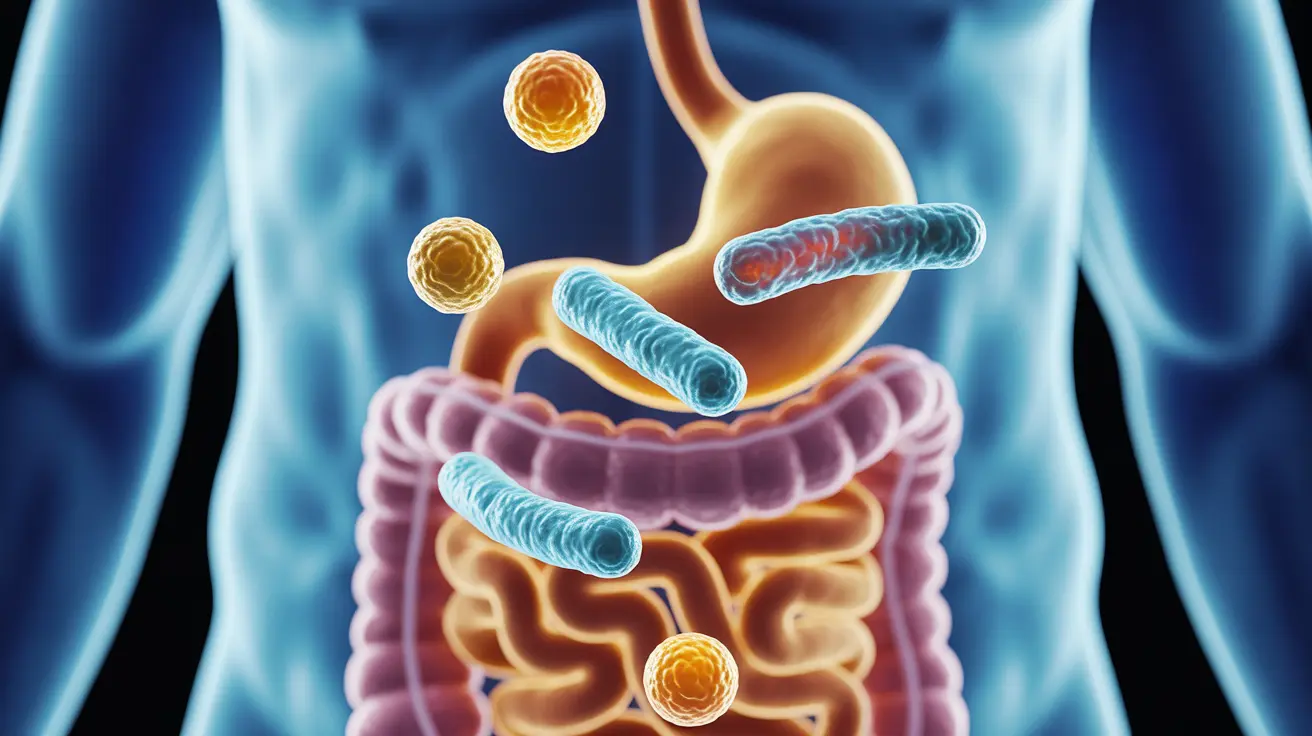If you're one of the millions struggling with Irritable Bowel Syndrome (IBS), finding an effective probiotic supplement can make a significant difference in managing your symptoms. Research has shown that specific probiotic strains can help alleviate common IBS symptoms like bloating, abdominal pain, and irregular bowel movements. Understanding which probiotics work best for your particular type of IBS is crucial for achieving optimal results.
In this comprehensive guide, we'll explore the most effective probiotic strains for different IBS symptoms and help you make an informed decision about which supplement might work best for your specific situation.
Understanding Probiotic Strains for Different IBS Types
Different probiotic strains have varying effects on IBS symptoms, making it essential to choose the right one for your specific condition. Here's a breakdown of the most beneficial strains based on IBS type:
For IBS-D (Diarrhea-Predominant)
Research indicates that certain strains are particularly effective for managing diarrhea-predominant IBS:
- Saccharomyces boulardii
- Lactobacillus rhamnosus GG
- Bifidobacterium lactis
- Lactobacillus plantarum 299v
For IBS-C (Constipation-Predominant)
These strains have shown promise in alleviating constipation-related symptoms:
- Bifidobacterium lactis BB-12
- Lactobacillus reuteri
- Bifidobacterium longum
For Mixed IBS and Bloating
For those experiencing mixed symptoms or primarily bloating:
- Bifidobacterium infantis 35624
- Lactobacillus acidophilus NCFM
- Multi-strain combinations
Selecting the Right Probiotic Supplement
When choosing a probiotic supplement for IBS, consider these key factors:
Colony Forming Units (CFUs)
Look for products containing at least 1 billion CFUs, though some research suggests higher amounts (10-20 billion CFUs) may be more effective for IBS symptoms.
Quality and Storage
Choose supplements from reputable manufacturers that guarantee potency through the expiration date. Some probiotics require refrigeration to maintain effectiveness, while others are shelf-stable.
Additional Ingredients
Be mindful of additional ingredients that might trigger IBS symptoms. Avoid supplements containing common irritants like artificial sweeteners, lactose, or gluten if you're sensitive to these substances.
Expected Timeline for Results
Most people begin to notice improvements in their IBS symptoms within 2-4 weeks of consistent probiotic use. However, individual results can vary significantly. Some may experience benefits within a few days, while others might need 8-12 weeks to see meaningful changes.
Frequently Asked Questions
What are the best probiotic strains for managing different types of IBS symptoms like bloating, diarrhea, and constipation?
The most effective strains vary by symptom type. For diarrhea, S. boulardii and L. rhamnosus GG show strong results. For constipation, B. lactis BB-12 and L. reuteri are beneficial. For bloating, B. infantis 35624 has demonstrated good outcomes.
How do I choose the right probiotic supplement based on my specific IBS symptoms?
Select a probiotic containing strains proven effective for your primary symptoms. Consider the CFU count (aim for at least 1 billion), product quality, storage requirements, and potential trigger ingredients. It's also helpful to maintain a symptom diary when starting a new probiotic.
Can probiotics effectively reduce abdominal pain and diarrhea in IBS-D?
Yes, specific probiotic strains, particularly S. boulardii and L. rhamnosus GG, have shown significant effectiveness in reducing both abdominal pain and diarrhea frequency in IBS-D patients. Multi-strain products containing these bacteria often provide the best results.
Are there probiotics specifically recommended for IBS with constipation (IBS-C)?
Yes, strains like B. lactis BB-12 and L. reuteri have shown particular effectiveness for IBS-C. These probiotics help improve gut motility and stool frequency while reducing abdominal discomfort.
How long should I take probiotics before expecting improvements in IBS symptoms?
Most people should allow 2-4 weeks of consistent use before evaluating effectiveness. Some may notice improvements sooner, while others might need up to 12 weeks. If you don't see any benefits after 12 weeks, consider trying a different strain or consulting your healthcare provider.




